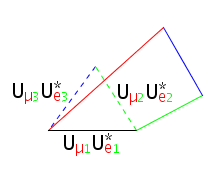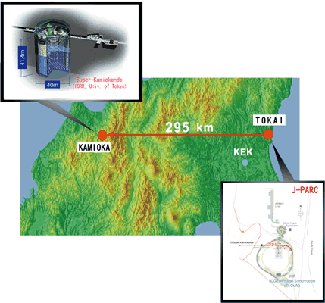Elementary Particle Physics Group
Research Activities
ATLAS |
|
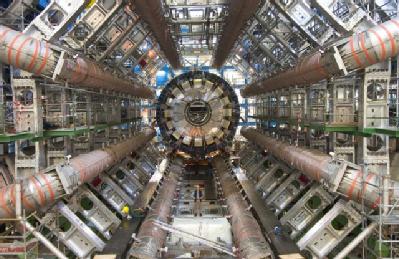 |
ATLAS is a multipurpose experiment at the LHC, built to study the collisions of protons. At Warwick we are interested in Higgs-boson, top-quark, electroweak and BSM physics, and in the operation of the trigger, a device which sifts through 40 million collisions per second. We also work on building an upgraded silicon tracking detector for 2030 See potential postgraduate research projects that can be carried out within the Warwick ATLAS group here |
Detector Development |
|
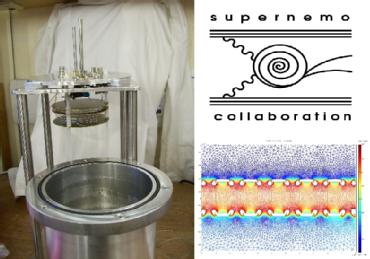 |
Our detector research and development targets innovative technology for neutrino experiments. This covers various diverse topics, from recent efforts into accelerator-based neutrino physics and neutrino astrophysics applications to specific neutrino mass searches using double beta decay. |
LHCb |
|
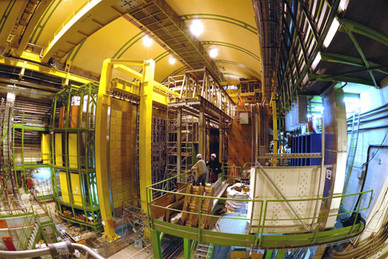 |
B physics is the study of the 'b' or 'beauty' quark. This heavy quark has fascinating properties, such as the phenomenon of 'flavour oscillations' by which it can change into its own anti-quark. Studying these enables us to distinguish between matter and anti-matter via the related phenomenon of CP violation. Further studies could allow us to detect the presence of new forces beyond the Standard Model of particle physics. See potential postgraduate research projects that can be carried out within the Warwick LHCb group here |
Neutrino Experiments |
|
|
|
We are engaged in multiple neutrino experiments to measure CP violation, neutrino mass ordering, supernova relic neutrinos, Solar neutrinos, neutrino neutron interactions and many novel technology advancements. These include accelerator-based experiments using LArTPC detectors (DUNELink opens in a new window, MicroBooNELink opens in a new window, SBNDLink opens in a new window) and water Cherenkov detectors (HyperKLink opens in a new window, T2KLink opens in a new window, ANNIELink opens in a new window, IWCD,Link opens in a new window WCTELink opens in a new window), and also reactor-neutrino experiments (JUNOLink opens in a new window) and low energy experiments (Super-KLink opens in a new window, EGADSLink opens in a new window and BUTTONLink opens in a new window). See potential postgraduate research projects that can be carried out within the Warwick neutrino group here |
Information is also available on our past involvement in the BaBar experiment and other activities related to b physics.
PhD Applications
<Applications for 2026 are now closed>
These studentships will cover tuition fees and living expenses for UK candidates. Some studentships may also be available to students of any nationality. Prospective students are invited to contact us.

